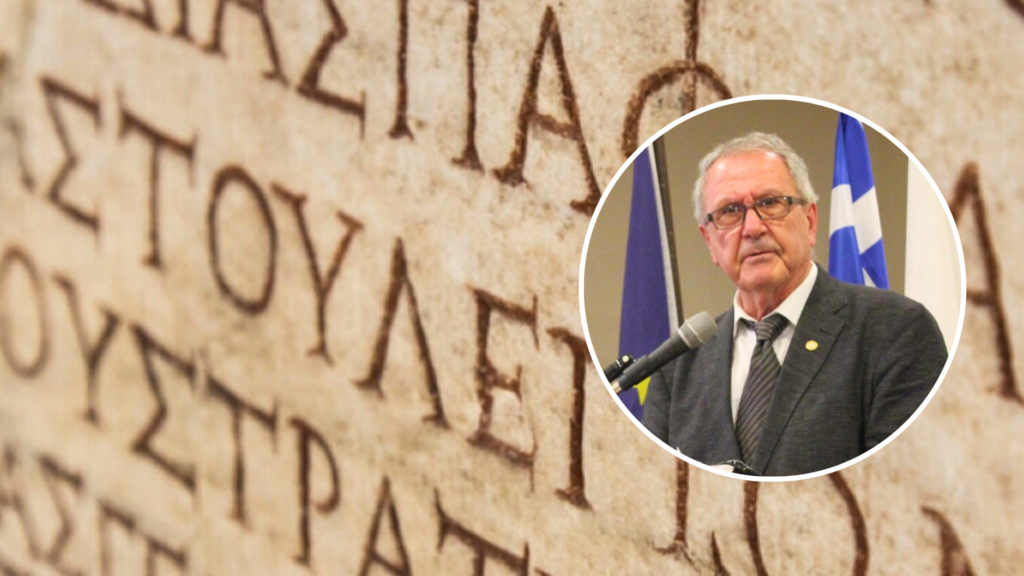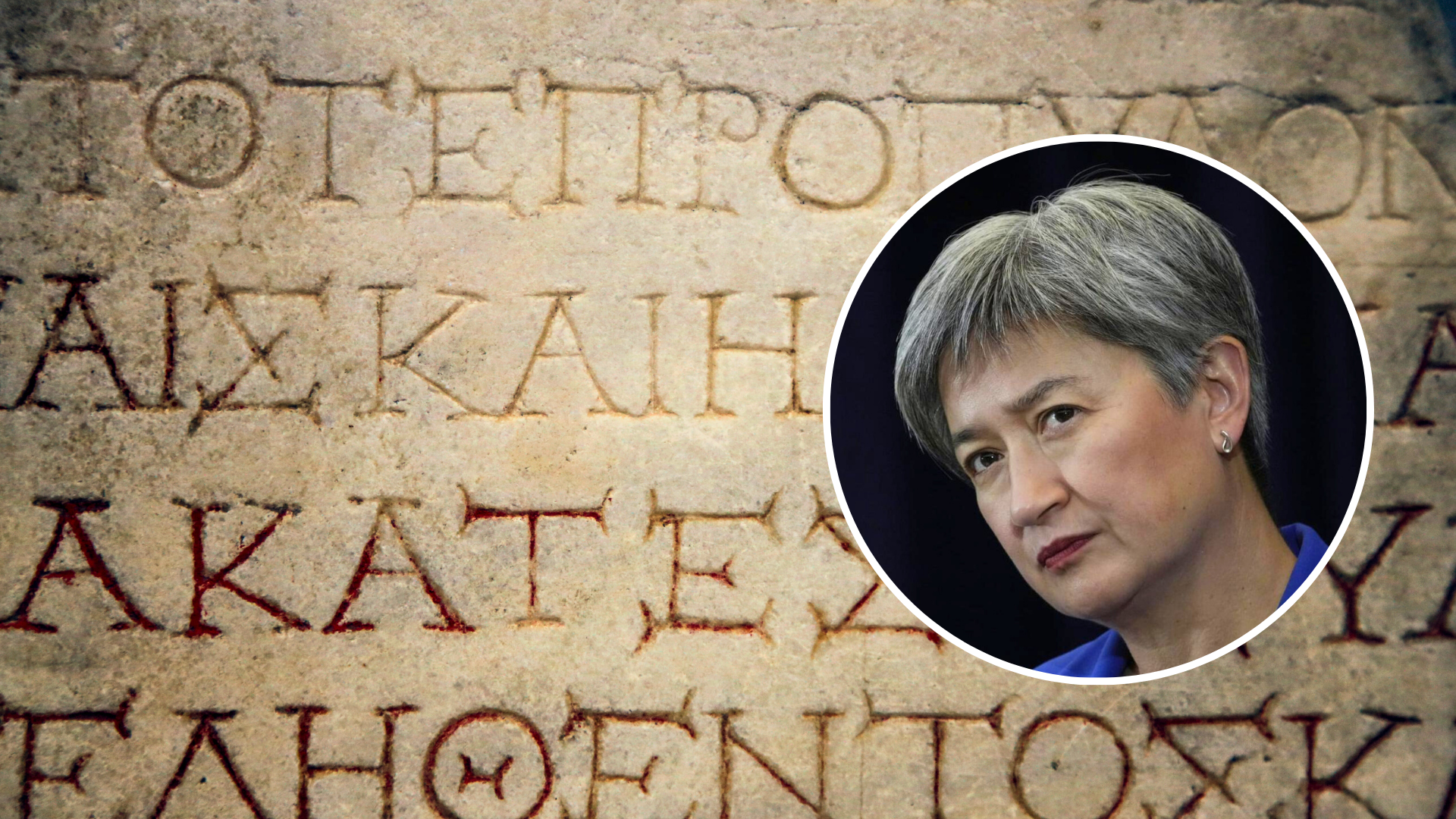The Greek Australian community has expressed outrage after the Australian Government abstained from a historic vote at UNESCO to establish February 9 as World Greek Language Day — a global celebration of one of the most foundational languages in human civilisation.
The motion, brought forward by 87 countries including the United States, passed unanimously at the UNESCO Executive Board session last week. However, Australia, through its Permanent Representative to UNESCO, refused to vote in favour of the resolution or co-sponsor the proposal — sparking criticism from diaspora leaders, academics, and cultural advocates.
Professor Anastasios Tamis, a leading voice in the preservation of Hellenism abroad, labelled the decision “a disgrace and an insult to Hellenism in Australia,” noting that Greek has been officially recognised as one of Australia’s ten Priority Languages since 1987.
Under mounting community pressure, the Australian Government has issued a statement to The Greek Herald via a spokesperson for Foreign Minister Penny Wong, expressing support for the initiative.
“The Albanese Labor Government supports and welcomes a new World Greek Language Day,” the statement reads.
“The Greek language has an enduring influence on contemporary Western culture, politics, and philosophy. We value the rich cultural contributions of our vibrant Greek diaspora in Australia and our strong bilateral relationship with Greece.
“We look forward to celebrating this day with Australian Greek communities in Australia on 9 February.”

Whilst the statement did not provide concrete reasons for the abstention, government sources clarified it was due to caretaker conventions in place during the recent UNESCO session, which occurred in the lead-up to an Australian election. These conventions prohibit Australia from co-sponsoring agenda items or making international commitments during an election period.
Still, the diplomatic nuance has done little to appease many in the Greek Australian community, who view the absence of support as a missed opportunity to acknowledge the importance of Greek language and culture globally and domestically.
Dean Kalimniou, on behalf of the Australian Hellenic Council, stated: “We welcome the Australian Government’s support of World Greek Language Day, as clarified by our Foreign Minister.”
“The Greek community’s confusion is understandable,” Mr Kalimniou added.
“On the one hand, we understand that caretaker conventions prohibit Australia from co-sponsoring agenda items or making international commitments during an election period. On the other hand, our Foreign Minister, in her statement, states that the “Albanese Government supports and welcomes a new World Greek Language Day.”
“This notwithstanding, we gladly take the Government’s support for World Greek Language Day at face value, and its acknowledgment of the significance of the Greek Language to the World, noting its stated desire to celebrate World Greek Language Day with Greek-Australian communities. The onus is on us now, to ensure that this significant day is properly celebrated.”
Despite Australia’s non-participation, the resolution was passed unanimously. From 2026, World Greek Language Day will be commemorated annually on February 9 through international events, educational programs, and cultural celebrations aimed at preserving and promoting the Greek language.
For many, the day will serve not only as a tribute to the Greek diaspora’s contributions, but as a powerful reminder of the need for recognition, respect, and inclusion in shaping the global cultural narrative.
